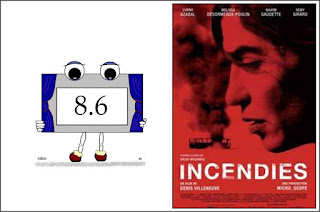All the King's Men
Genre:
political drama
With: Broderick Crawford (Willie Stark), John Ireland (Jack
Burden), Joanne Dru (Anne Stanton), John Derek (Tom Stark, Willie's son),
Mercedes McCambridge (Sadie Burke), Shepperd Strudwick (Adam Stanton, Jack's
friend), Ralph Dumke (Tiny Duffy), Anne Seymour (Lucy Stark)
Director: Robert
Rossen
Screenplay: Robert
Rossen (based on Robert Penn Warren's Pulitzer Prize winning novel)
Release: 1949
Studio: Columbia Pictures
Rating: PG
MBiS score: 8.7/10
The More You Have, the More You Want
QuickView
Story-line: the American South in the late
1940s. Journalist Jack Burden is sent to Kanoma County to write about Willie
Stark, a local politician who has a reputation for honesty and isn't afraid to
denounce corruption in public office.
Pluses: an impressive, Oscar-rewarded turn by Broderick
Crawford (notice his conviction, charisma and firm voice), strong support from
John Ireland, Joanne Dru and Mercedes McCambridge as
an iron-willed political advisor, snappy and realistic dialogues, a full
and flawless story providing great interplay between characters, top-notch direction and Al Clark’s expert editing.
Minuses: none I can think of... except that the movie is
so truthful it's rather scary.
Comments: this Oscar-winning study of the political world –
its targeted campaigns, high-risk strategies, dubious tactics and dangerous
games – hasn't aged one bit in the last 70 years. It all comes down to this:
you can't win without support... and support often has a price. Today, ALL THE
KING'S MEN is still a remarkable motion picture... and an eye-opening lesson about populism
and government.
MBiS
© 2019 – All rights reserved










